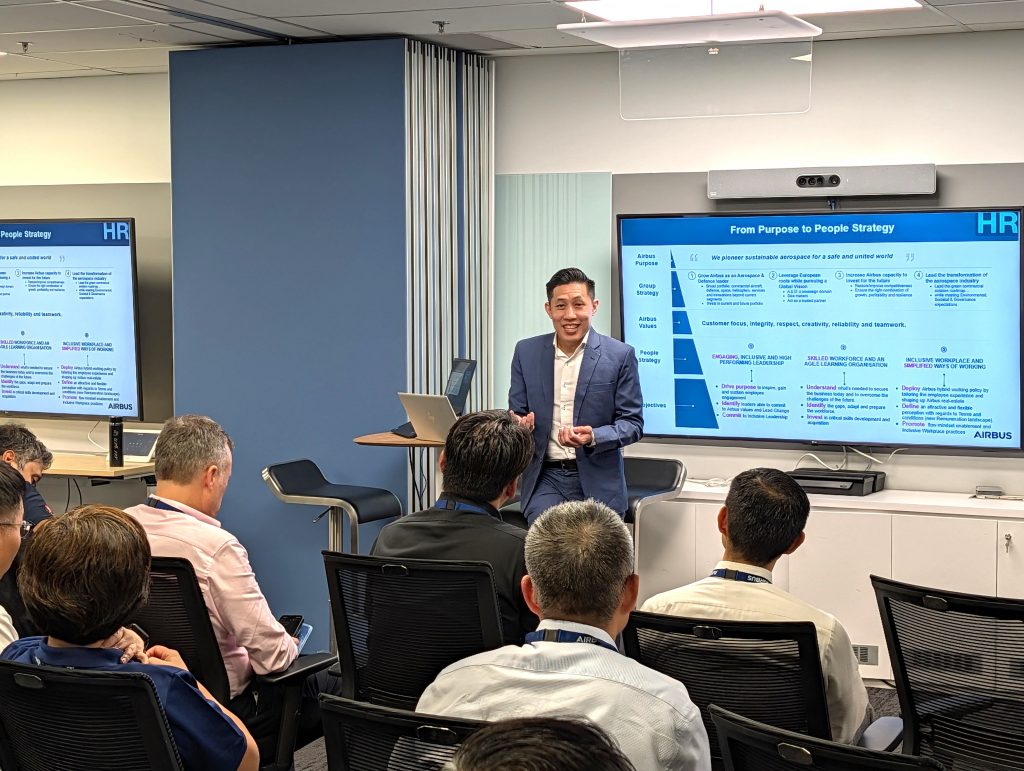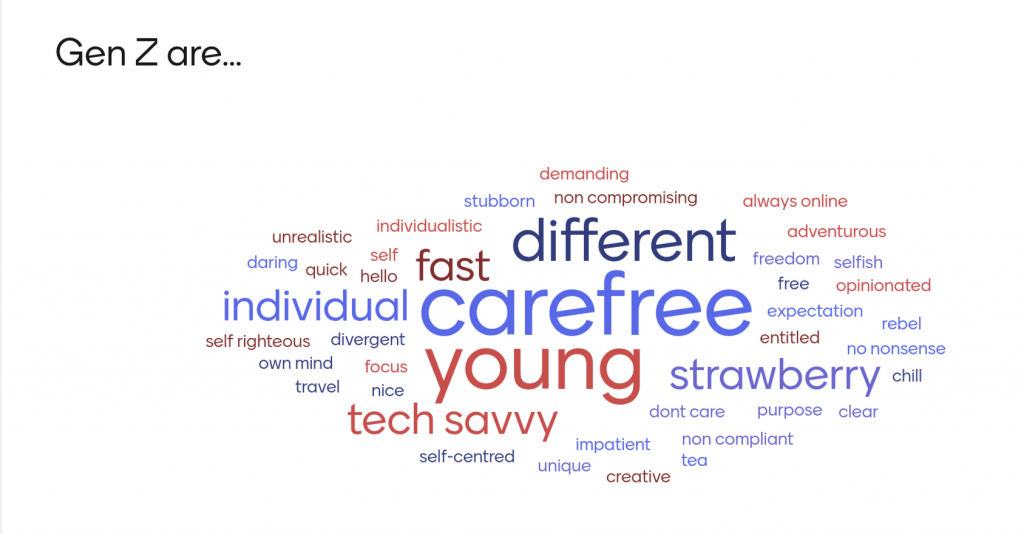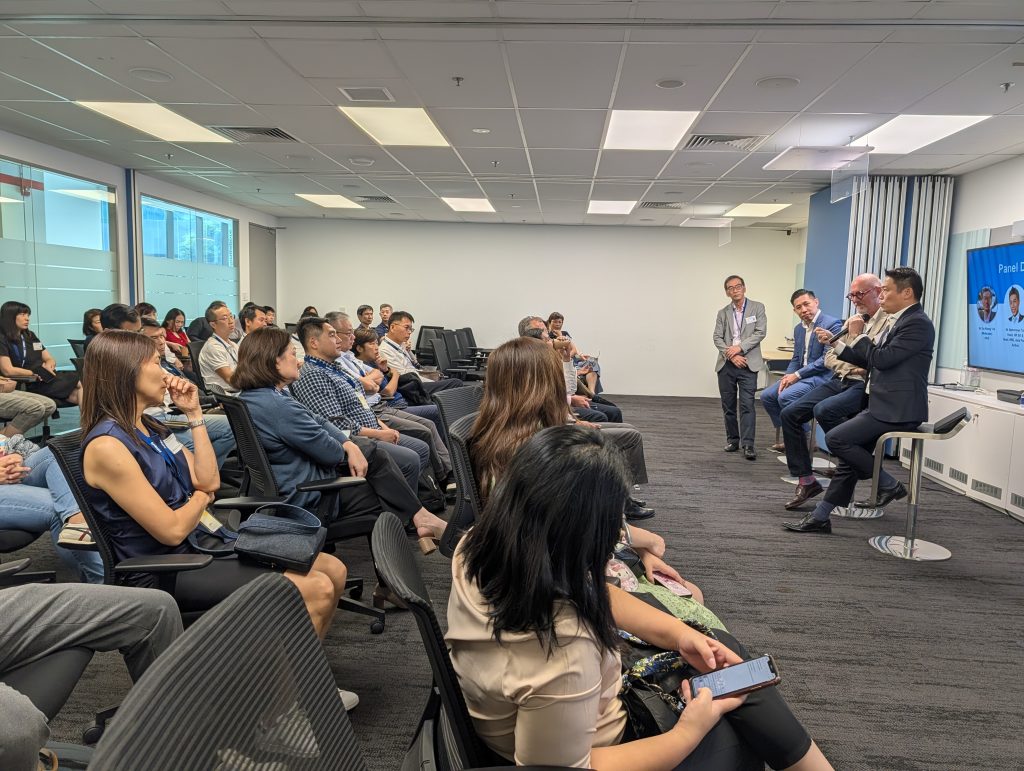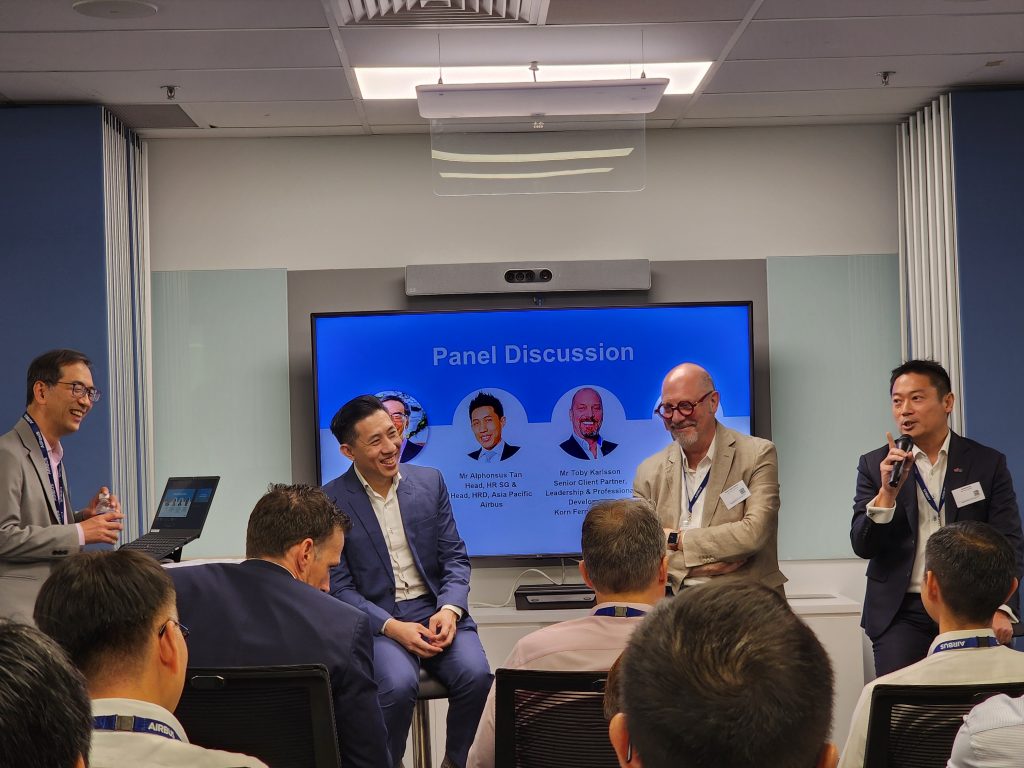As the aerospace industry continues to grow and transform, companies are rethinking strategies for attracting and retaining talent in an era defined by rapid technological change and shifting workforce expectations. At the forefront of this transformation is Gen Z, a generation entering the workforce with fresh perspectives on purpose, flexibility, and the role of technology.
To explore these themes, AAIS hosted Future Workforce Now: Engaging Gen Z in the Age of AI on 6 November 2025, with support from Workforce Singapore (WSG) and Airbus Singapore. The seminar brought together leaders across HR, management, and operations, alongside workforce experts, to share insights and practical approaches for shaping the aerospace workforce of tomorrow.
Understanding Gen Z
AAIS Chief Executive Mr Sia Kheng Yok opened the session with a thought-provoking question: Have we truly gotten to know who Gen Z are and what they value? He noted that today’s Gen Z hires will eventually assume leadership roles and influence the future of the aerospace sector. To remain relevant, organisations must naturally consider how to adapt to this generation’s expectations and working styles rather than expecting conformity to traditional norms, to engage them meaningfully from the start.
Purpose-Driven Culture at Airbus
Mr Alphonsus Tan, Head of HR at Airbus Singapore and HR Development Lead for Asia-Pacific, shared how Airbus is creating a workplace that resonates with younger talent. Recently named one of Singapore’s Top 10 Employers for 2025 by The Straits Times, Airbus positions itself not merely as an aerospace manufacturer but as a company committed to “keeping the world connected safely.” This mission appeals to Gen Z’s desire for impact and purpose, while the company’s strong focus on sustainability aligns with the generation’s environmental priorities.
He also shared how Airbus fosters a transparent and inclusive environment, where career pathways are clearly defined and progression models standardised for fairness and predictability. Leaders actively engage with employees to cultivate belonging and recognition. To support professional growth, Airbus offers international assignments and regional mobility. Responsible AI training is mandatory, ensuring technological innovation is balanced with ethical awareness.
A Global Perspective on the Evolving Workforce
Ms Chin Lee Yen from Korn Ferry provided a broader view of Gen Z’s impact and the changing role of AI. Digital natives, Gen Z are highly connected, tech-savvy, and motivated by authenticity, individuality, and purpose. They gravitate toward short-term, high-impact projects and virtual communities rather than traditional hierarchical structures.
Lee Yan outlined three phases of AI adoption in the workplace: digital assistants handling routine tasks, human-AI collaboration, and fully autonomous systems capable of independent decision-making. She noted that while most organisations are still in the early stages, the shift toward collaborative AI is already underway, with full autonomy on the horizon.
To succeed in this environment, she recommended that organisations evolve across three areas:
- Communication: Shift from directive messaging to inclusive, purpose-driven dialogue.
- Workplace Design: Provide hybrid models, flexible arrangements, and collaborative spaces.
- Leadership & Culture: Foster transparency, implement feedback loops, and use reverse mentoring to accelerate tech adoption.
Designing Meaningful Careers
A lively and robust panel discussion ensued, featuring Mr Anderson Ee (WSG), Mr Torbjorn Karlsson (Korn Ferry), and Mr Alphonsus Tan (Airbus), who explored strategies for creating careers that appeal to Gen Z. Purpose emerged as a central theme, with panellists emphasising roles that contribute to sustainability, global connectivity, and social impact.
The panellists offered that communicating this purpose effectively requires moving beyond traditional job postings to social media, interactive content, and authentic storytelling that showcases real projects and outcomes. AI can also be framed as an innovation tool, inviting younger employees to co-create solutions through collaborative projects and reverse mentoring.
They also highlighted the importance of career health and long-term talent pipelines. Skills-based strategies, micro-internships, and project-based engagements help cultivate talent while preparing employees for rapid technological change.
Conclusion
The seminar reinforced a clear message: designing meaningful, future-ready careers requires a willingness to understand and adapt, create a strong sense of purpose, and engage in new ways. By aligning organisational strategy with Gen Z’s aspirations, aerospace companies can build a workforce capable of leading in the age of AI.
AAIS extends its gratitude to all speakers and members for their valuable contributions to this engaging dialogue, with special thanks to Workforce Singapore for sponsoring the session and to Airbus Singapore for their generous hospitality.






Recent Comments